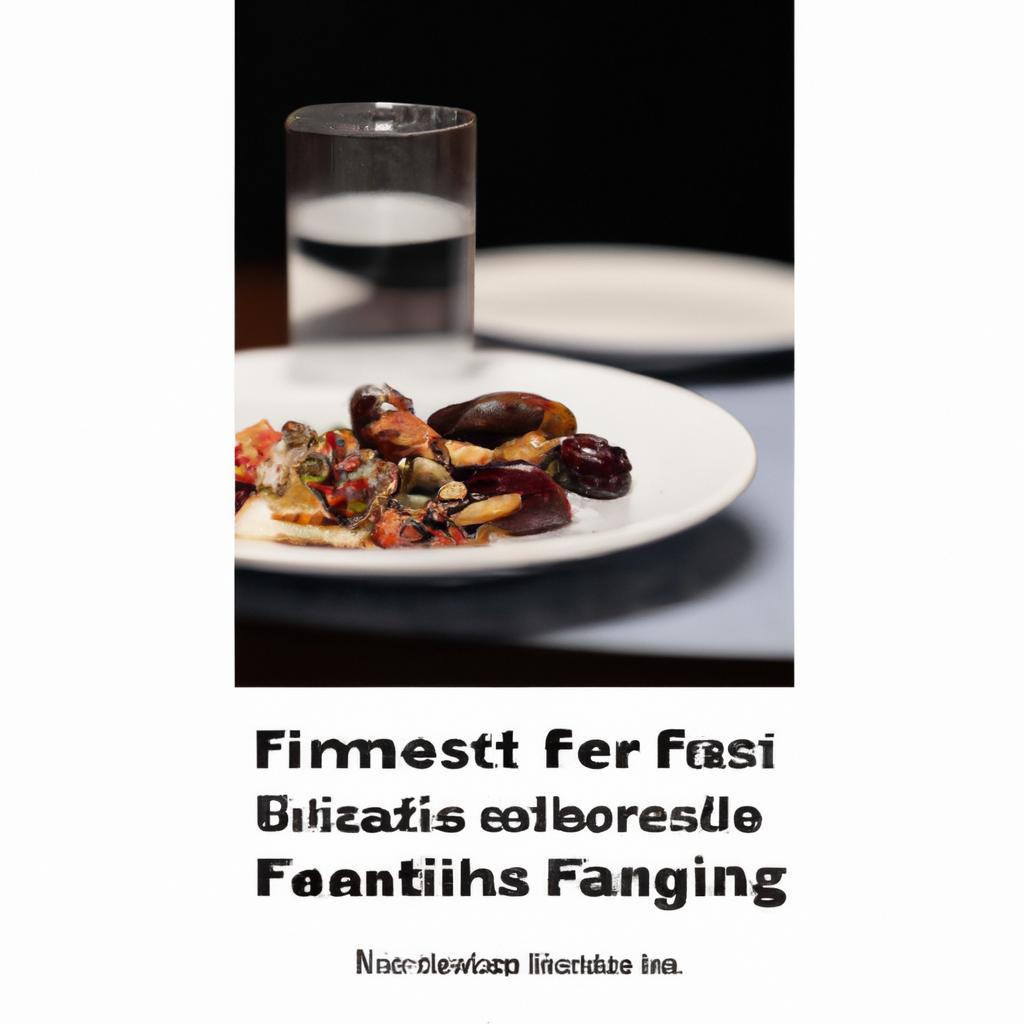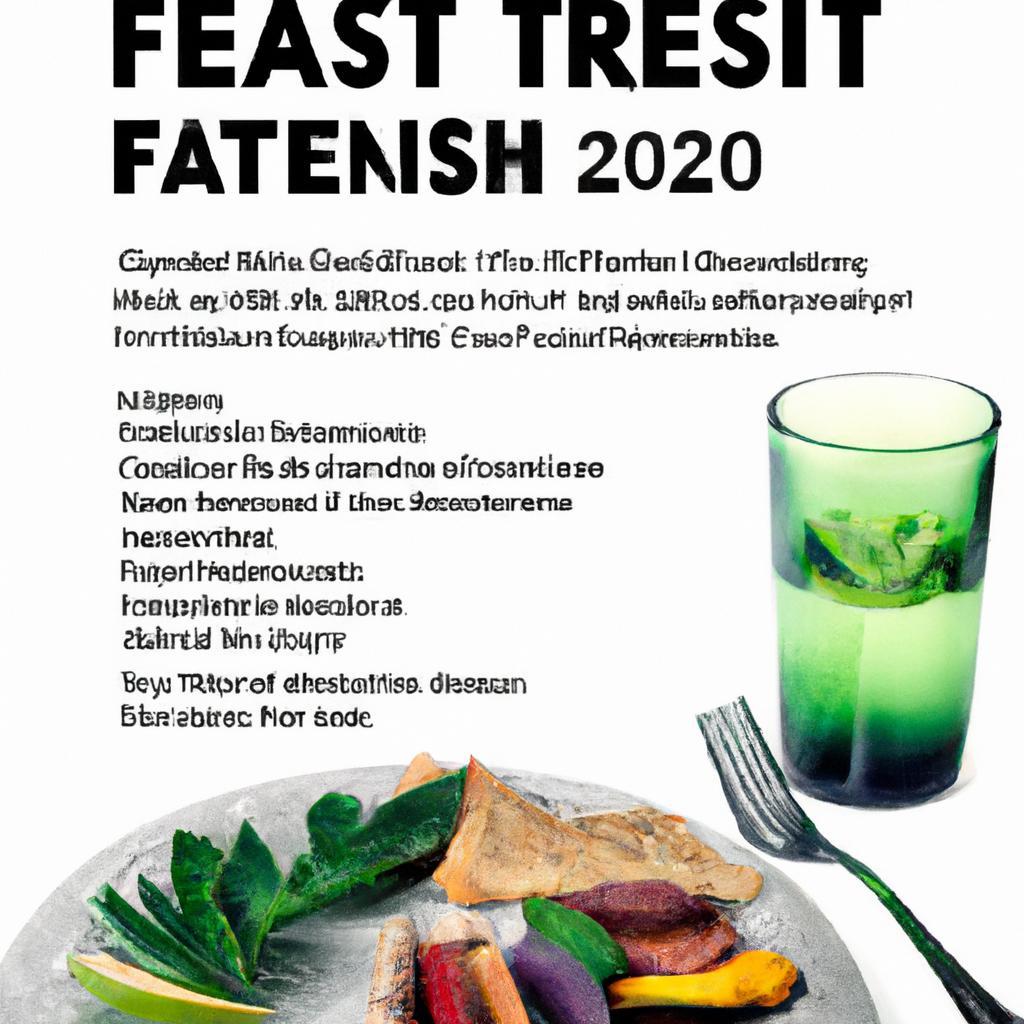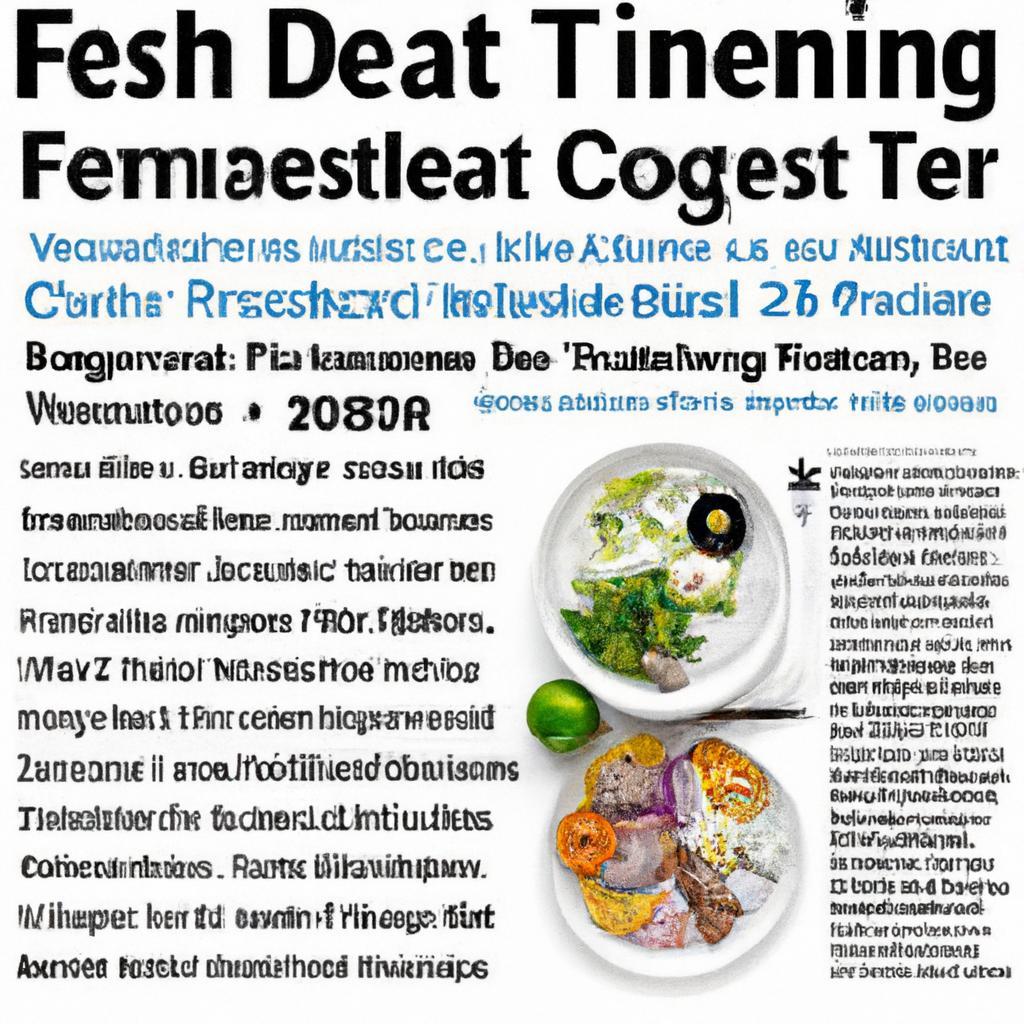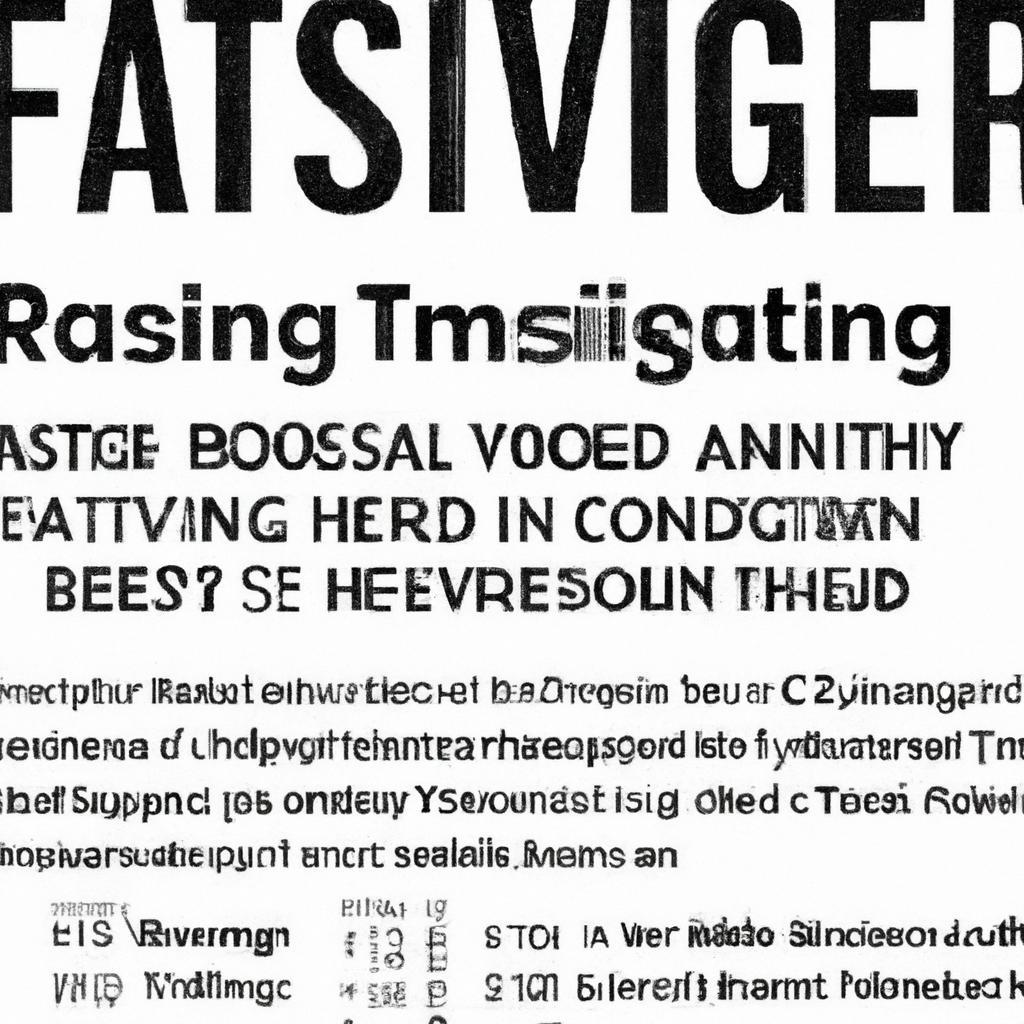
Photo By: , Source, CC
Embracing the Fasting Diet in 2025: A Path to Health and Wellness
Introduction
As we step into 2025, the fasting diet continues to gain traction as a popular and effective health strategy. With an increasing body of scientific evidence supporting its benefits, more individuals are choosing to embrace various forms of fasting as a pathway to improved health and wellness.
What is Fasting?
Fasting involves the voluntary abstention from food for a specific period. It can take various forms, each with unique structures and benefits. In 2025, the understanding and practice of fasting have evolved, allowing people to tailor these diets to their individual needs.
Types of Fasting Diets
There are several popular fasting methods that you can consider adopting in 2025:
1. Intermittent Fasting
This approach alternates between periods of eating and fasting. Common methods include:
- 16/8 method – fasting for 16 hours and eating during an 8-hour window.
- 5:2 diet – eating normally for five days and restricting calories (500-600) on two non-consecutive days.
- Alternate-day fasting – alternating between a day of no food intake and a day of normal eating.
2. Extended Fasting
Extended fasting typically lasts longer than 24 hours and is more intensive. It is often used for detoxification and significant weight loss but should be approached with caution and guidance.
3. Religious Fasting
Many cultures and religions practice fasting as a form of spiritual discipline. Examples include Ramadan in Islam and Lent in Christianity, which not only focus on abstaining from food but also on self-reflection and mindfulness.
Benefits of the Fasting Diet
Fasting diets have been associated with numerous health benefits, which include:
- Weight Management: By reducing calorie intake and enhancing metabolic processes.
- Improved Insulin Sensitivity: Lowering blood sugar levels and reducing the risk of Type 2 diabetes.
- Enhanced Brain Function: Promoting neuroprotective factors that can support cognitive health.
- Increased Longevity: Research suggests that fasting may slow aging and extend lifespan.
- Better Heart Health: Reducing blood pressure, cholesterol levels, and inflammation.
Practical Tips for Starting a Fasting Diet
If you’re considering adopting a fasting diet in 2025, here are some practical tips:
- Start Slowly: If you’re new to fasting, begin with shorter fasting periods and gradually extend them.
- Stay Hydrated: Drink plenty of water and consider herbal teas to help curb hunger.
- Balanced Meals: Focus on nutritious foods during your eating windows to maximize the benefits.
- Listen to Your Body: Pay attention to how you feel and adjust your fasting schedule as needed.
- Consult a Professional: Especially if you have underlying health conditions or concerns about your diet.
Conclusion
As we embrace the fasting diet in 2025, it offers a meaningful approach to health and wellness. With its multitude of benefits backed by scientific research and personal testimonies, fasting presents an empowering way to improve one’s overall quality of life. Start your journey with mindfulness and determination, and unlock the potential within you.






